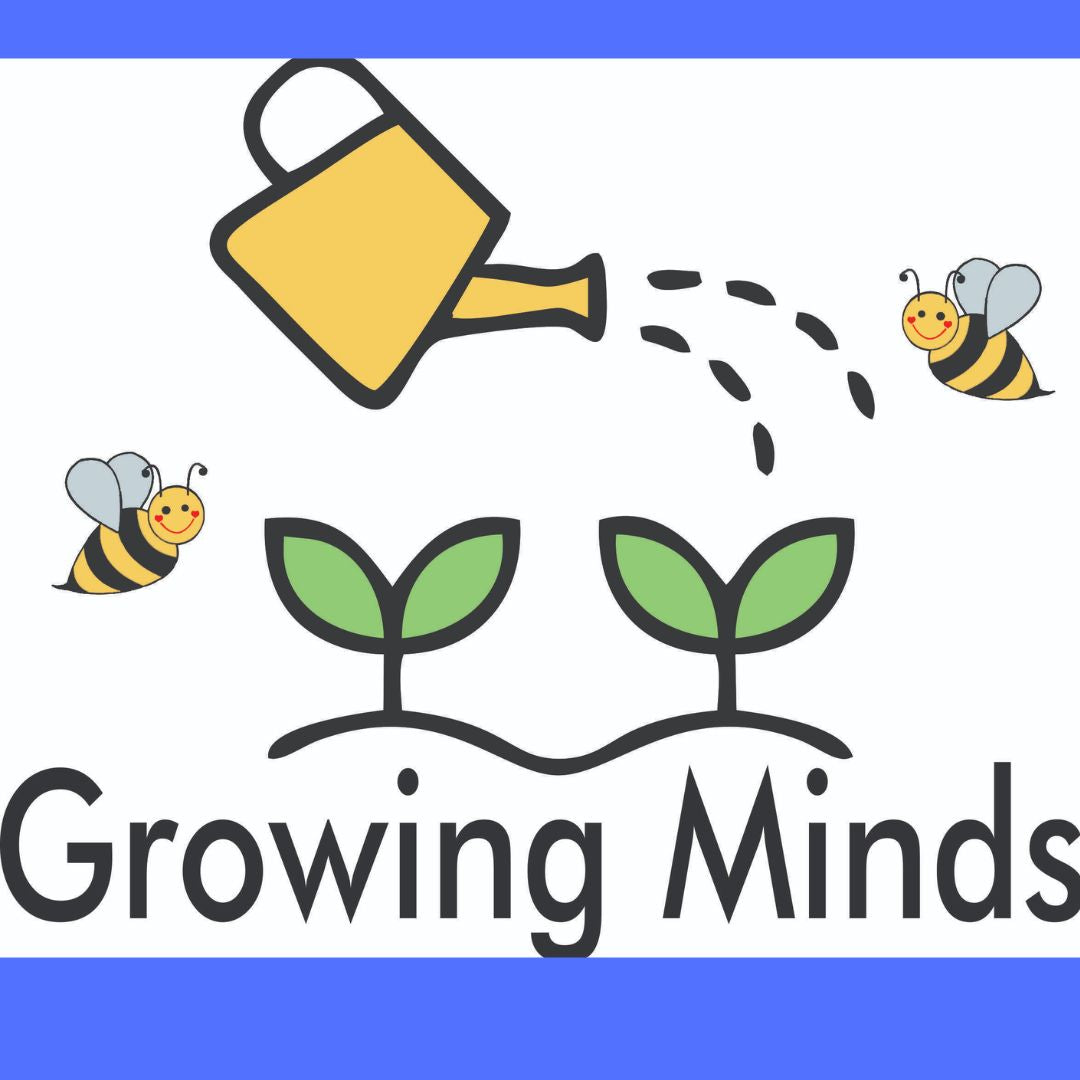
Cultivating Minds: The Educational Journey of Gardening for Adults and Children
Share
Gardening is a transformative and educational experience that transcends generations, offering a myriad of benefits for both adults and children. Whether you're tending to a small balcony garden or cultivating a vast backyard oasis, the act of nurturing plants provides an enriching journey that fosters growth, learning, and a deeper connection to the natural world.
For adults, gardening becomes a canvas upon which knowledge is painted with every seed sown and every plant tended. The process of planning a garden, selecting suitable plants, and understanding their specific needs serves as a crash course in horticulture. The hands-on experience teaches adults about soil composition, sunlight requirements, and the delicate balance of nature. Through trial and error, they learn the art of problem-solving, adapting their approach to cater to the unique needs of each plant.
Beyond the technicalities of gardening, the act of cultivating a green space offers adults valuable lessons in patience and perseverance. Witnessing the gradual growth of a seed into a flourishing plant instills a sense of accomplishment and a reminder that meaningful outcomes often require time and dedication. Additionally, the cycle of seasons introduces adults to the concept of change and adaptation, reinforcing the resilience of life in the face of challenges.
Furthermore, gardening provides adults with a holistic sense of well-being. The physical activity involved in planting, weeding, and harvesting contributes to overall fitness, while the exposure to natural light and fresh air promotes mental health. The act of nurturing living organisms fosters a sense of responsibility and connection to the environment, encouraging a more sustainable and eco-conscious lifestyle.
For children, the garden is a captivating classroom where curiosity blossoms, and a sense of wonder is nurtured. Gardening becomes a living, breathing laboratory, where children can observe the magic of germination, witness the intricate dance between pollinators and flowers, and marvel at the transformation of tiny seeds into robust plants. These tangible experiences serve as powerful educational tools, sparking an early interest in science and biology.
In the garden, children also learn fundamental life skills. From the basics of responsibility—watering plants and pulling weeds—to the principles of teamwork and cooperation when working with family or friends, gardening instills values that extend beyond the boundaries of the garden bed. Moreover, children develop a deeper understanding of where food comes from, cultivating a sense of appreciation for nature's bounty and promoting healthy eating habits.
The sensory richness of the garden provides a unique educational experience for children. Feeling the soil between their fingers, smelling the fragrance of blooming flowers, and tasting the fruits of their labor engages their senses in a way no textbook can. This hands-on interaction with the natural world fosters a sense of connection and empathy, instilling in children a profound respect for the environment.
In conclusion, gardening serves as an educational journey that transcends age, offering a wealth of knowledge and life lessons for both adults and children alike. Through the act of nurturing plants, individuals of all ages become lifelong learners, cultivating not only a garden but a deeper understanding of the interconnectedness of life and the beauty of growth in every stage.
